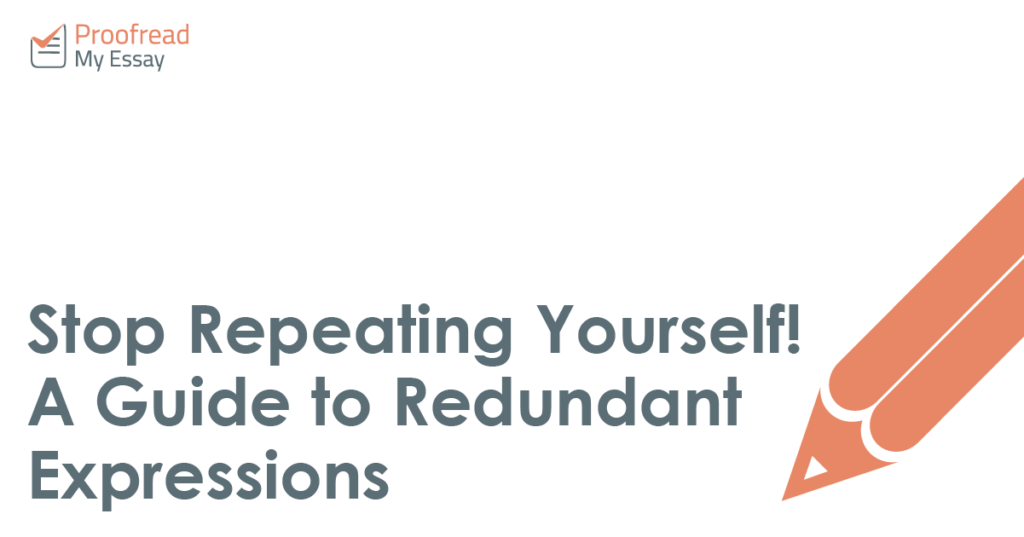We all repeat ourselves in conversation now and then. But in writing we have the benefit of editing! This means we can tidy up our work until it’s perfect. And this often involves finding and removing redundant expressions.
What Are Redundant Expressions?
‘Redundant’ means ‘unnecessary’. In writing, therefore, a ‘redundant expression’ is a phrase in which one word repeats the meaning of another word in the same phrase. For example:
We must complete the quest by twelve midnight!
Here, ‘twelve midnight’ is a redundant expression because ‘midnight’ is always a twelve o’clock. As such, we don’t need both words.

(Photo: Chris Downer)
Fixing Redundancies
Usually, the best way to fix a redundant expression is to remove a word.
With ‘twelve midnight’, for example, the sentence would mean exactly the same if we cut one redundant term:
We must complete the quest by midnight!
We must complete the quest by twelve!
In this case, since ‘twelve’ could refer to midday, the first option is much better. Ensuring clarity like this is vital. With some redundant expressions, for example, only one term can be removed:
Find this useful?
Subscribe to our newsletter and get writing tips from our editors straight to your inbox.
The ogre had an unexpected surprise in store for our hero…
‘Unexpected surprise’ is redundant because a ‘surprise’ is always unexpected. And since ‘surprise’ (a noun) is more important than ‘unexpected’ (an adjective) in this sentence, we need to cut ‘unexpected’ to fix the redundancy (cutting ‘surprise’ would be ungrammatical):
The ogre had a surprise in store for our hero… ✓
The ogre had an unexpected in store for our hero… ✗
Is Redundancy Always Wrong?
Redundant expressions can be used creatively. If a villain in a fairy tale curses the hero to be lost in a maze ‘forever and ever’, for example, the redundant ‘ever’ adds emphasis. Likewise, you might want to use redundant expressions in fictional dialogue because redundancy is common in speech.
Others may have uses in specific contexts. For example, ‘cease and desist’ is a common legal phrase, with the doubling up a leftover from a time when many legal phrases included words from two or more languages, even though both words mean ‘stop’ (making it a redundant expression in non-legal contexts).
Usually, though, redundant expressions are just wordiness. And since wordy writing is harder to read, you will want to avoid redundancies in your written work. To be extra sure your writing is easy to read, though, don’t forget we have expert proofreaders at your service.



